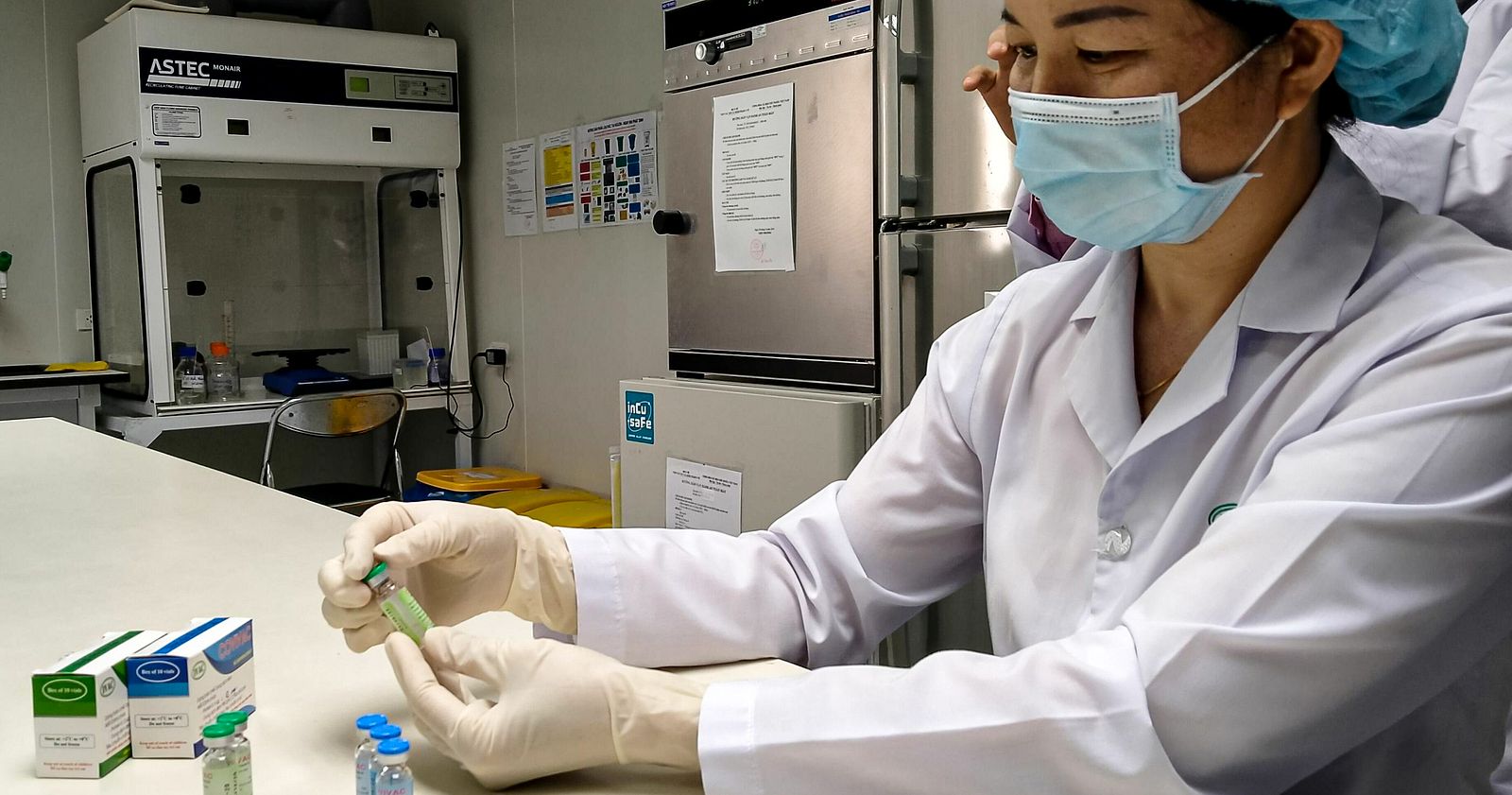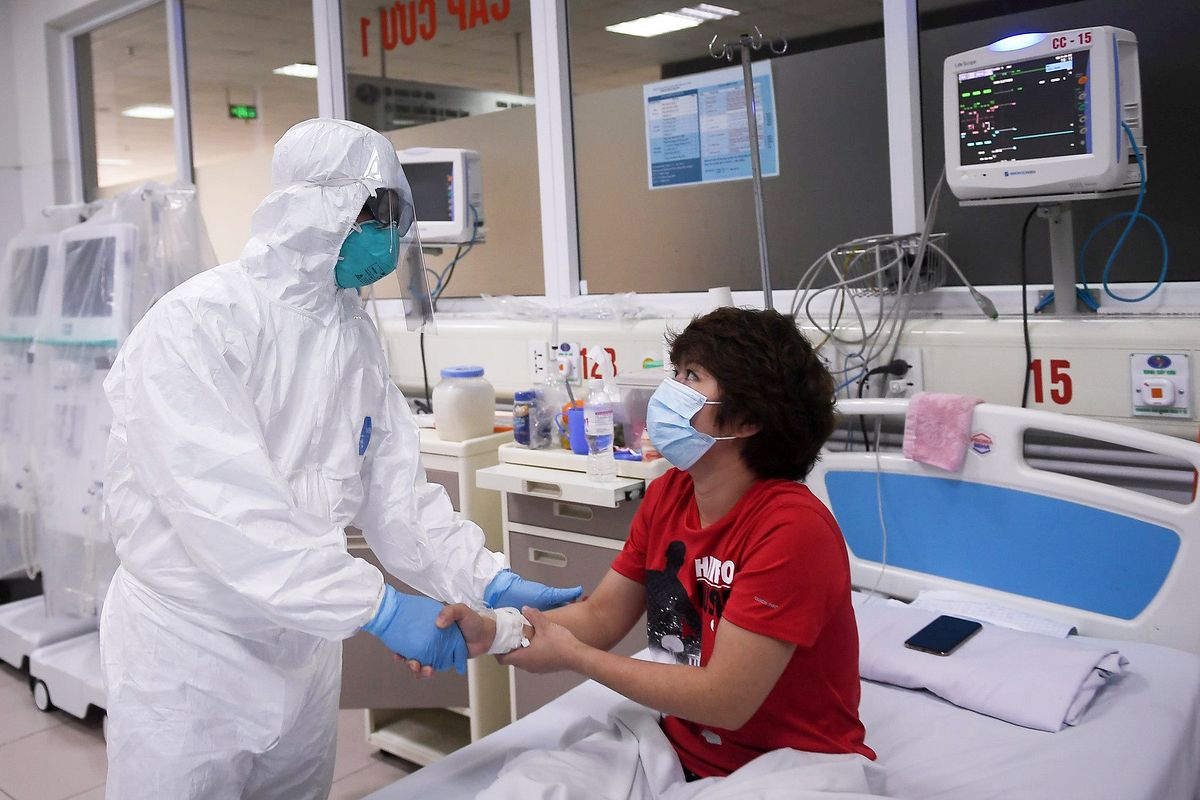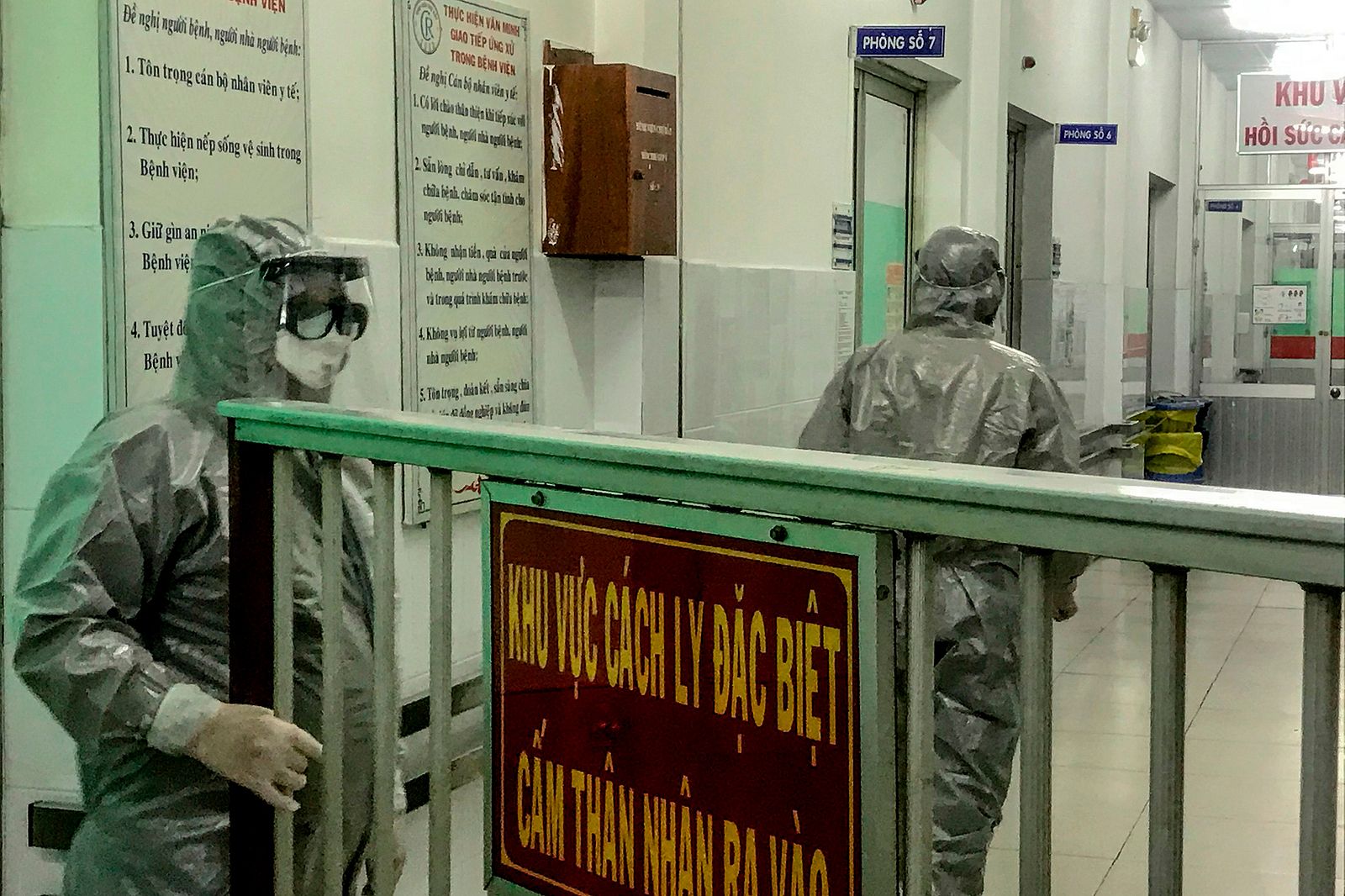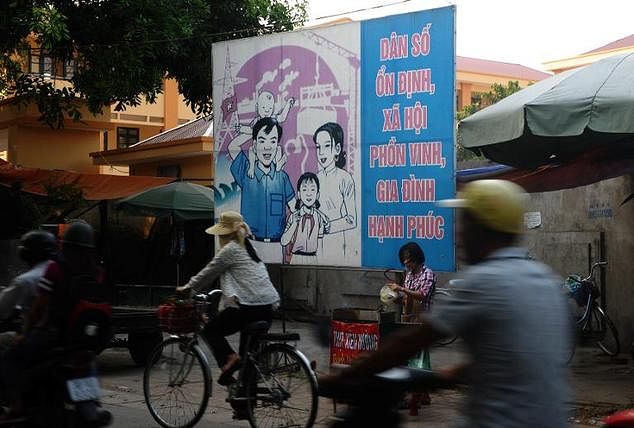The Mekong Delta region is facing a serious doctor shortage which threatens to become even more severe by 2020.
Next year, Bac Lieu’s provincial health department will open a new tuberculosis hospital, reports Thanh Nien. Deputy Health department director Nguyen Minh Tung hopes to recruit 115 doctors, however with veteran physicians heading for the door and newly qualified doctors leaving their hometowns for major cities, successfully filling all the new hospital's available positions seems unlikely.
At a recent regional medical conference, health officials pointed out the Mekong’s dire need for physicians, particularly in five specialized areas: tuberculosis, anatomic pathology, mental health, forensic examination and leprosy.
According to a survey by Can Tho University of Medicine and Pharmacy, 13 of the region’s cities and provinces are in desperate need of medical personnel. This is not a new problem: in 2008, there were 4.26 doctors and 0.22 pharmacists per 10,000 Mekong Delta residents, the lowest ratio in the country, reports Saigon Giai Phong. Health officials attempted to resolve the shortage, aiming to ramp up to eight doctors and two pharmacists per 10,000 residents by 2015, according to Vietnam News, however last year there were only 6.35 doctors and 1.39 pharmacists per 10,000 residents.
For patients requiring the expertise of physicians from the five above-mentioned specialties, the situation becomes even more dire. Both Saigon Giai Phong and Vietnam News report only 152 doctors working in these fields across the entire region (Thanh Nien cited the number as just 52), with half of those physicians reaching retirement age by 2020.
At Bac Lieu Mental Hospital, for instance, just two doctors are tasked with running an 80-bed facility. According to health officials, the number of doctors serving a facility of this size should be around 20. When one of the two physicians at the hospital retires next year, Bac Lieu’s mental hospital will be a solo operation, leaving its only doctor in a difficult position and scores of underserved patients at risk.
Though the number of physicians in the region has slowly risen over the past several years, health officials and training facilities continue to fight an uphill battle. In recent years, many doctors already qualified to practice medicine have left public hospitals, where average monthly salaries run around VND8 million, in favor of higher pay at private facilities. Tu Quoc Tuan, director of An Giang Health Department, told Thanh Nien that doctors in the region are even willing to repay training costs in order to work elsewhere.
As seasoned physicians break ties with public facilities, newly qualified doctors have failed to fill the void. Upon graduation, many younger medical personnel prefer to stay in the major cities where they received their training rather than return to their hometowns.
Since first identifying the doctor shortage, Mekong universities have also struggled to persuade incoming medical students to specialize in certain areas of medicine. According to Thanh Nien, applicants are often willing to defer for a year or sit on a waiting list in order to study general medicine instead of a specialty. Some officials have even gone so far as to encourage lowering the entry requirements for incoming medical students in a push to attract more potential doctors.
While Mekong Delta health officials continue to work toward a 2020 goal of nine doctors and 2.2 pharmacists per 10,000 residents, the glaring shortage remains: Vietnam ranks 12th among the nations most affected by tuberculosis, recording 130,000 new cases a year, yet in Kien Giang province, there isn’t a single tuberculosis or lung doctor. In several neighboring provinces, the number of physicians specialized in this area ranges from one to five.
[Photo via Flickr user Direct Relief]














